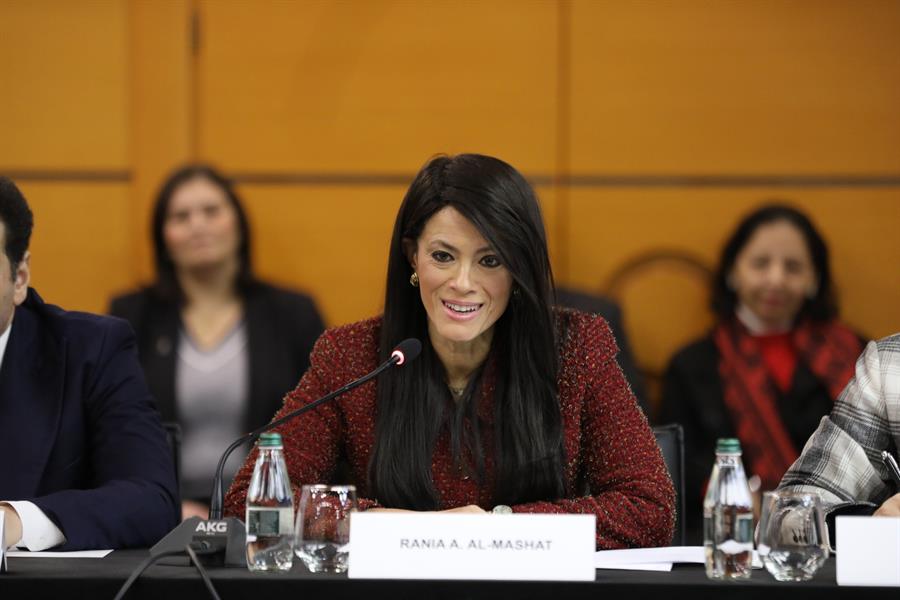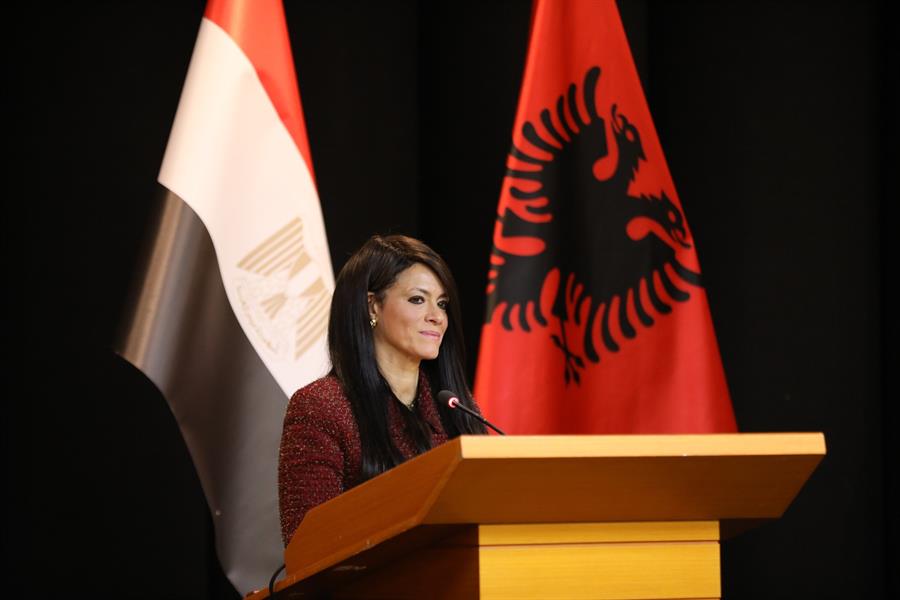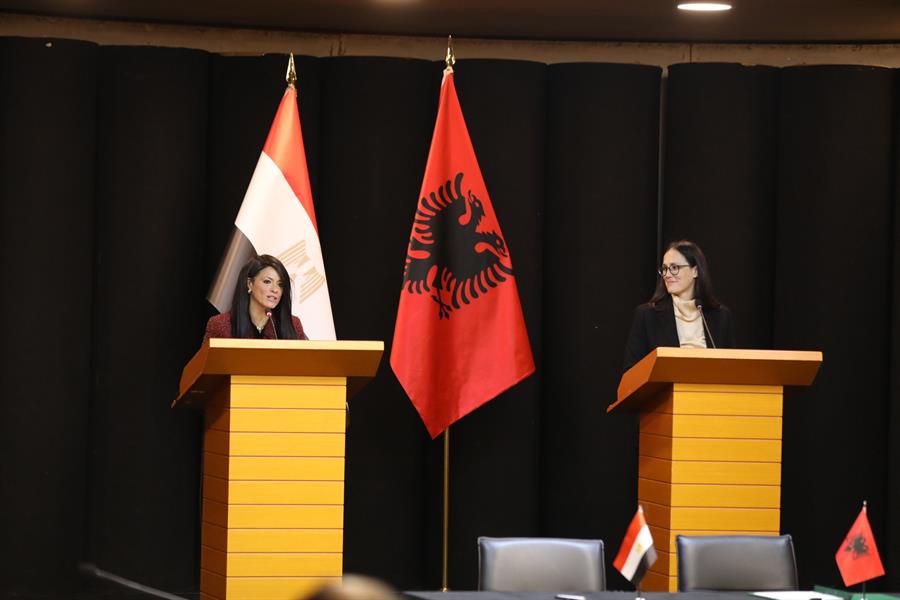The Rowad 2030 (entrepreneurs 2030) project participates in Youth Social Responsibility Forum

27 September 2021
The Rowad 2030 (entrepreneurs 2030) affiliate to the Ministry of Planning and Economic Development participated in the Youth Social Responsibility Forum, which was held under the auspices of the Ministries of Planning and Economic Development, Youth and Sports, and Social Solidarity.
The conference came intending to shed light on positive innovative initiatives from young people, with the participation of Dr. Ashraf Sobhy, Minister of Youth and Sports, and Mr. Amr Othman, Assistant Minister of Social Solidarity, and Director of the Addiction Control and Treatment Fund.
During her speech, Dr. Ghada Khalil, director of the Rowad 2030 project, reviewed the idea and objectives of the project, explaining that Rowad 2030 seeks to spread the idea of entrepreneurship among young people, and also provides them with a set of training programs in the field of entrepreneurship.
The project also works to launch some awareness campaigns and setting up and participating in some business incubators, to help young people turn their ideas into projects on the ground.
Khalil explained that the Rowad 2030 project is using a group of experts and specialists at the highest level to help young people and spread the idea of entrepreneurship among them.
Dr. Ghada Khalil referred to the "One Million Entrepreneurs" campaign launched by the project at the level of all governorates to help young people learn how to start their projects.
Khalil asserted that the content presented on the campaign's electronic platform is free and available in Arabic and English, in addition, to sign language.
Khalil also referred to the inclusion of the Rowad 2030 project on the "Best Practices that Achieving the United Nations Sustainable Development Goals" platform of the United Nations Department of Economic and Social Affairs.









